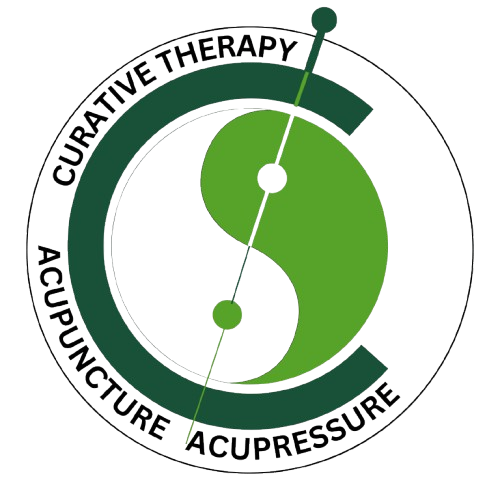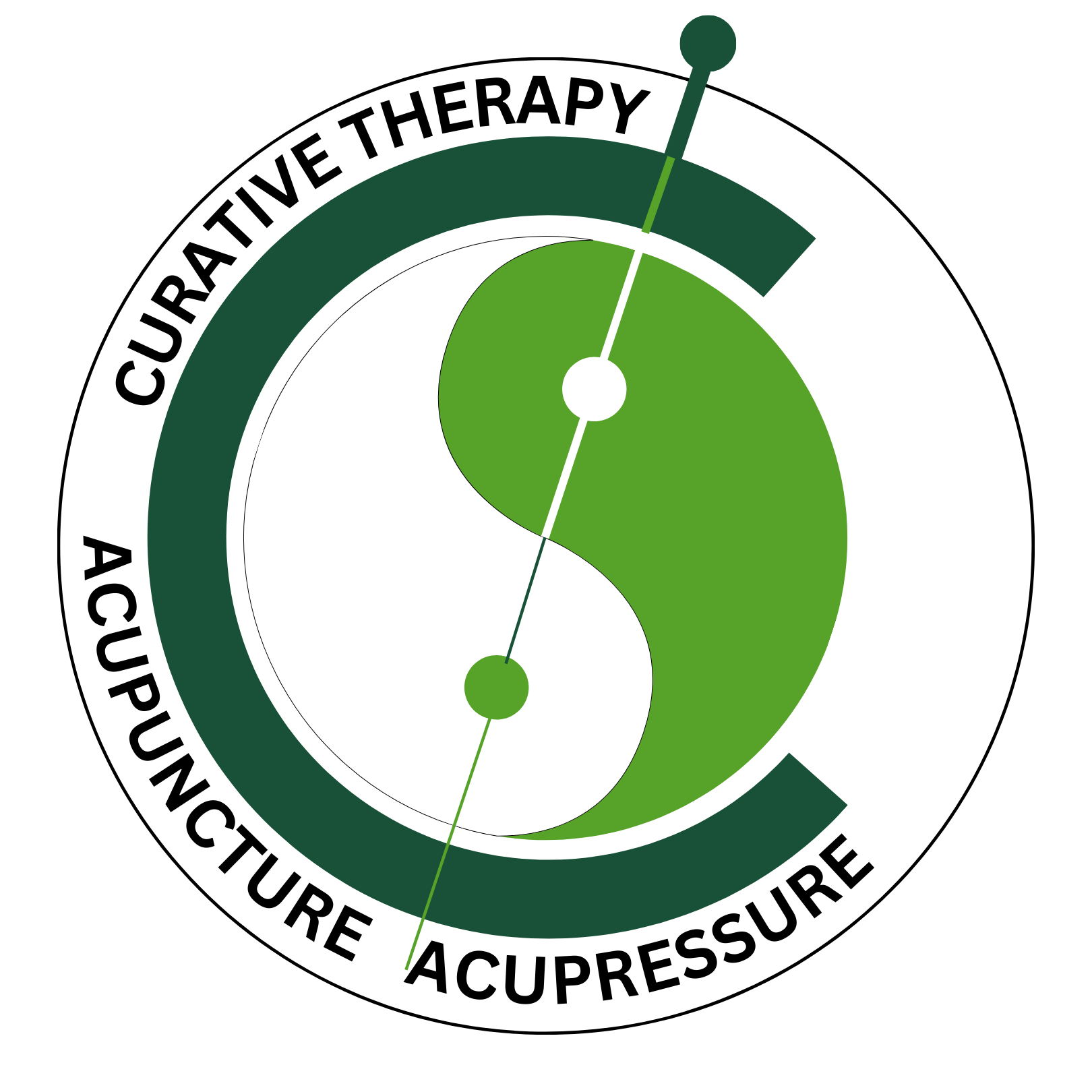In Chinese Medicine, tongue diagnosis is a vital tool for understanding a patient’s internal condition. One frequently misunderstood aspect is the significance of a swollen tongue. Many practitioners mistakenly associate a swollen tongue with Qi deficiency, but in my experience, a swollen tongue is more often a clear indicator of Phlegm accumulation. Let’s explore what a swollen tongue signifies in the context of Chinese medicine, how it contrasts with other tongue conditions, and how Phlegm is addressed using acupuncture and herbal medicine.
What is a Swollen Tongue?
A swollen tongue is described as a tongue body that is larger than normal and somewhat rounder, particularly in severe cases. In the most extreme instances, the tongue can appear nearly circular. The key to understanding the clinical significance of a swollen tongue lies in recognizing it as a sign of excess, not deficiency. A swollen tongue signifies an excess of pathological fluids in the body, which are not normal bodily fluids but rather fluids that have become imbalanced or accumulated.
These excessive fluids are typically a manifestation of Dampness or Phlegm, and while both conditions can cause a swollen tongue, Phlegm is the more prominent factor. The tongue’s swelling, especially when it appears on the body rather than just the coating, is a classic sign of Phlegm obstructing the body’s normal fluid flow.
The Relationship Between the Swollen Tongue and Phlegm
When a patient presents with a swollen tongue, it is one of the first diagnostic clues for the presence of Phlegm. Phlegm is a pathological substance that can manifest in various forms, ranging from physical blockages such as in the chest, to more generalized disturbances such as foggy thinking or mental confusion.
A swollen tongue reflects an internal excess, and when Phlegm is the underlying cause, this can result in significant disruptions to the normal flow of Qi (vital energy) and Blood in the body. The stagnation created by Phlegm blocks the pathways through which Qi circulates, leading to both physical symptoms (such as swelling or heaviness) and mental symptoms (such as foggy thinking or lethargy).
A swollen tongue can also occur without the typical sticky coating that is commonly associated with Dampness and Phlegm. In these cases, the tongue may appear swollen but without the usual coating, which can be indicative of Yin deficiency. Yin deficiency often occurs in the elderly, where there is a combination of both Phlegm and a lack of nourishment or fluid in the body.
Differentiating Between a Swollen and Thin Tongue
To understand the full clinical significance of a swollen tongue, it’s important to compare it to the opposite tongue condition: a thin tongue. A thin tongue typically indicates a deficiency of fluids, which may be due to Blood deficiency (manifested as a pale tongue) or Yin deficiency (a tongue lacking coating). In contrast, a swollen tongue suggests an accumulation of excess fluids, particularly the pathological fluids that contribute to Phlegm.
This contrast between the swollen and thin tongue highlights how tongue diagnosis in Chinese medicine helps identify not just the presence of disease, but the type and nature of that disease. A thin tongue would indicate an internal deficiency, while a swollen tongue points to an internal excess of Phlegm, which requires a different therapeutic approach.
Why the Swollen Tongue Matters
The significance of a swollen tongue goes beyond diagnosis; it also has preventative value. Observing a swollen tongue during a routine check-up can give early insight into the potential for future health issues, particularly those related to the accumulation of Phlegm or the stagnation of fluids in the body.
A swollen tongue, even in the absence of overt symptoms, is a powerful early warning sign. By addressing the Phlegm or Dampness before it progresses into a more severe condition, we can often prevent more chronic and difficult-to-treat illnesses from developing.
Acupuncture for Resolving Phlegm
In treating a swollen tongue caused by Phlegm, acupuncture is one of the most effective modalities. Certain acupuncture points are especially effective in resolving Phlegm by helping to regulate the flow of Qi, clear excess fluids, and harmonize the digestive system.
Some essential acupuncture points for treating Phlegm include:
- LU-7 (Lieque): This point is helpful for dispersing Phlegm and resolving congestion, particularly in the upper body and lungs.
- Ren-9 (Shuifen): This point is used to harmonize fluids and eliminate Dampness or Phlegm.
- Ren-12 (Zhongwan): A key point for treating digestive issues and clearing Phlegm in the Middle Burner (the area of the stomach and spleen).
- SP-6 (Sanyinjiao): This point helps to tonify Yin and resolve Phlegm, especially when Phlegm is accompanied by Yin deficiency.
- ST-40 (Fenglong): Often referred to as the “Phlegm point,” ST-40 is crucial for clearing Phlegm from the body and improving the flow of Qi.
In more severe cases, additional points may be added depending on the specific type and location of Phlegm accumulation. For example:
- BL-22 (Sanjiaoshu) and Ren-5 (Shimen) are used when Phlegm affects the Lower Burner, which corresponds to the reproductive and urinary systems.
- KI-7 (Fuliu) may be used if there is an imbalance in the Kidney system, leading to Phlegm accumulation in the lower body.
Herbal Formulas for Resolving Phlegm
In addition to acupuncture, herbal medicine plays a critical role in the treatment of Phlegm and its related symptoms. Various formulas are designed to clear Phlegm from the body, restore balance to the digestive and respiratory systems, and prevent the recurrence of Phlegm accumulation.
One common herbal remedy for Phlegm is Er Chen Tang (Two Cured Decoction), which is designed to regulate the digestive system and clear Dampness and Phlegm from the body. It is often used when Phlegm is a result of digestive weakness, and it combines ingredients like Ban Xia (Pinellia) and Chen Pi (aged tangerine peel) to dry Dampness and move Phlegm.
For more severe cases, Ping Wei San (Stabilizing the Stomach Powder) can be used. This formula is known for treating excess Dampness and Phlegm, particularly when there is a sense of heaviness, bloating, and lack of appetite.
In cases where Phlegm is accompanied by Yin deficiency, Bu Zhong Yi Qi Tang (Tonify the Middle and Augment the Qi Decoction) can be used to strengthen the body’s Qi and nourish Yin while clearing the Phlegm.
Conclusion: The Importance of a Swollen Tongue in Chinese Medicine
The swollen tongue is a critical tool in Chinese medicine, offering valuable diagnostic and preventive insights. Far from being merely a sign of Qi deficiency, it typically points to the accumulation of pathological fluids, particularly Phlegm. Recognizing a swollen tongue early allows for timely intervention, preventing the development of more serious conditions.
Through the use of acupuncture and herbal medicine, we can effectively resolve Phlegm, clear excess fluids, and restore balance to the body. By addressing the root causes of Phlegm—such as digestive weakness, emotional stress, and environmental factors—we can significantly improve a patient’s overall health and prevent future disease.
Understanding tongue diagnosis, particularly the swollen tongue, not only aids in treatment but also helps practitioners identify deeper imbalances in the body’s internal environment. As we continue to study and apply these principles, we can enhance our ability to diagnose and treat a wide range of conditions, supporting the health and well-being of our patients.



